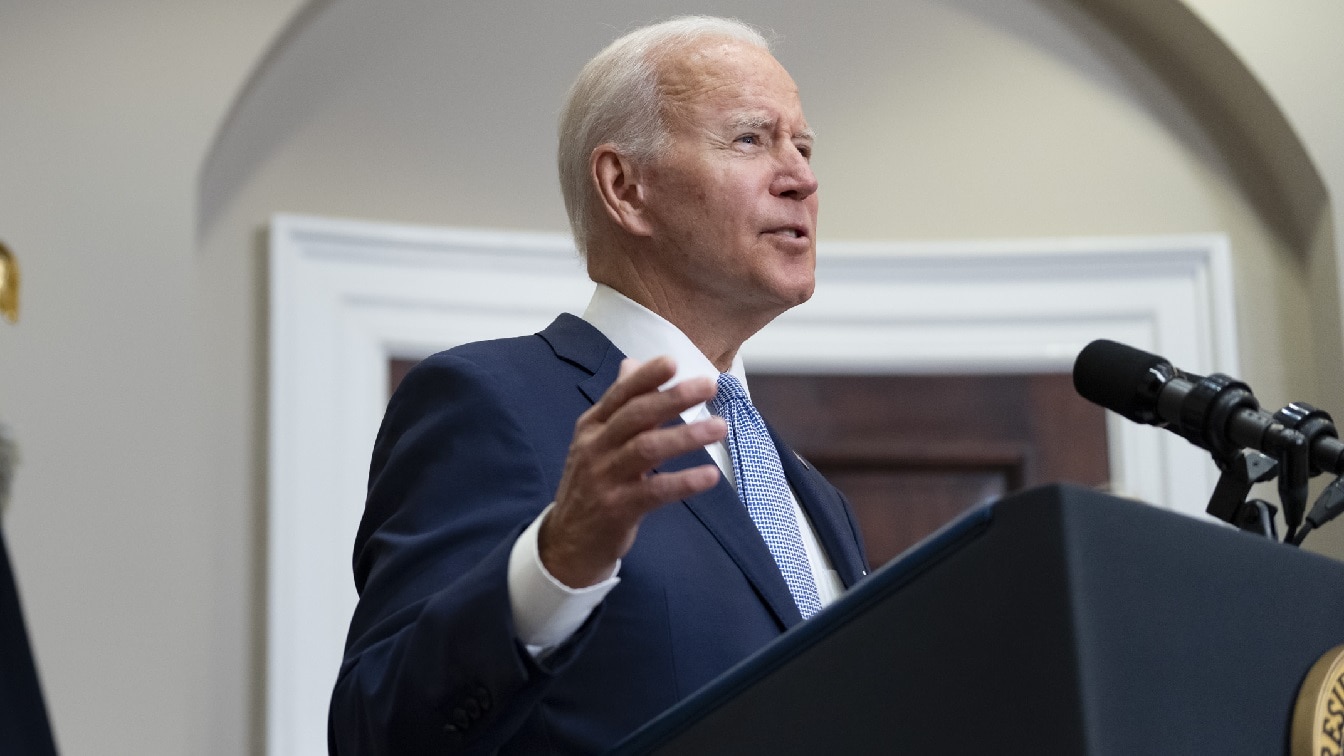In January 2022, Iran-supported Houthi rebels launched a series of drone and missile attacks on the United Arab Emirates. The strikes reportedly targeted civilian sites and industrial infrastructure. In the wake of the attacks, French President Emmanuel Macron reportedly phoned then-Emirati Crown Prince Muhammad bin Zayed to offer France’s unwavering support. Emirati policymakers contrasted France’s rapid reaction with a much more delayed U.S. response as a way to explain Abu Dhabi’s growing distrust of Washington.
Djibouti, in many ways, is Africa’s equivalent of Dubai. Founded as a French coaling station in the age of steam ships, Djibouti’s position positions Djibouti. It revolves around its port and, like Dubai, it avoids diplomatic let alone military conflicts in order to focus on commerce. Surrounded by much larger states — Eritrea, Ethiopia, and the unrecognized state of Somaliland — this is a wise call. The Djiboutian armed forces number only around 10,000 men in peacetime, with a reserve component of a few thousand more that it can activate should there ever be a conflict. Put another way: Djibouti has about the same number of men under arms as Slovenia. Its army is only one-tenth the size of neighboring Ethiopia, and about 5% the size of Eritrea’s army. Rather than build his country’s economy as Djibouti President Ismaïl Omar Guelleh and Guelleh’s late uncle, President Hassan Gouled Aptidon, have done, Eritrean dictator Isaias Afwerki imposes universal, unlimited conscription on Eritrean citizens. He has driven his society into impoverishment.
Threats Against Djibouti’s Great Promise
While the United States looks at Djibouti through the lens of what its competitors — most specifically China — do in the country, seldom do American officials focus enough on Djibouti on its own terms. The country is more than just a place for the United States to lease a base. As with Dubai today or Beirut in the 1950s, there is value in having a city that embraces a role as a cosmopolitan oasis where all can gather, talk, and trade.
What condemned Beirut — the so-called Paris of the Middle East — was its neighbors. Syria preyed upon it. Arab-Israeli wars and Palestinian terrorism engulfed it. While Dubai remains strong, the Iranian threat continues to loom over the United Arab Emirates, as witnessed by mining incidents of ships in or near Emirati ports.
Increasingly, Eritrea’s military aggression threatens Djibouti. Regardless of any concerns Washington may have with China’s military presence in the country, U.S. officials should support Djibouti and protect its sovereignty against its northern neighbor. Indeed, if Washington will not stand up for a country that has long been an ally, especially in the immediate aftermath of 9/11, then the White House and State Department has no right to complain should Djibouti pivot away from the Western orbit.
Eritrea has manufactured a border dispute with Djibouti. Isaias knows Eritrea’s case is fictional. Against the backdrop of a war over the sparsely populated, resource-poor Badme region — a conflict some observers described as “two bald men fighting over a comb” — Eritrea in the early 2000s pushed for the Permanent Court of Arbitration in The Hague to affirm its claims. Isaias did this because he had maps and evidence to back his claim. In the case of Djibouti’s border with Eritrea, however, all maps dating back to the colonial era, when the French and Italians demarcated the border between their respective colonies, unequivocally affirm Djibouti’s position.
Nevertheless, for four days in June 2008, Eritrean forces pushed into Djiboutian territory. While Djibouti ultimately forced them out, Eritrea took several Djiboutian soldiers as POWs. Rather than return them at the end of hostilities, Eritrea simply threw them in prison. In essence, Isaias repeats a tactic pioneered by late Iraqi President Saddam Hussein, who transported Kuwaiti POWs to Iraq in 1990 and then denied their existence until their bodies were recovered from a mass grave in 2003. Eritrea’s actions are a war crime, and the United States and international community should hold Isaias accountable. There is no denying his culpability. On one occasion, after denying Eritrea held any prisoners, diplomatic pressure forced Isaias to release a handful who had been mistreated in captivity.
Pressuring Eritrea
Subsequently, Qatari Emir Sheikh Tamim bin Hamad Al-Thani helped mediate the release of four additional Djiboutian prisoners whom Eritrea had long denied holding. While, once again, Isaias denies holding any Djiboutian in captivity, between eight and 10 prisoners remain in Eritrea. Whether alive or dead, their families deserve closure. The United States should bring the full force of its diplomatic and economic footprint to bear, and Europe should as well. Not only would this be the right thing to do morally, but the goodwill that Washington would accrue would be tremendous. At a minimum, blanket U.S. support for Djibouti would also signal a lack of tolerance for Eritrea’s continued efforts to support low-level insurgency in its neighbor as a lever for Isaias’ own retrograde policies.
Unfortunately, for too long, the United States has chosen silence. Every ally deserves American support, regardless of its size. This is true not only of the United Arab Emirates that has traditionally had a strong partnership with the United States — albeit one fraying today due to America’s strategic neglect — but also with Djibouti.
This country deserves much more attention and support in Washington than it currently receives.
Now a 1945 Contributing Editor, Dr. Michael Rubin is a Senior Fellow at the American Enterprise Institute (AEI). Dr. Rubin is the author, coauthor, and coeditor of several books exploring diplomacy, Iranian history, Arab culture, Kurdish studies, and Shi’ite politics, including “Seven Pillars: What Really Causes Instability in the Middle East?” (AEI Press, 2019); “Kurdistan Rising” (AEI Press, 2016); “Dancing with the Devil: The Perils of Engaging Rogue Regimes” (Encounter Books, 2014); and “Eternal Iran: Continuity and Chaos” (Palgrave, 2005).

